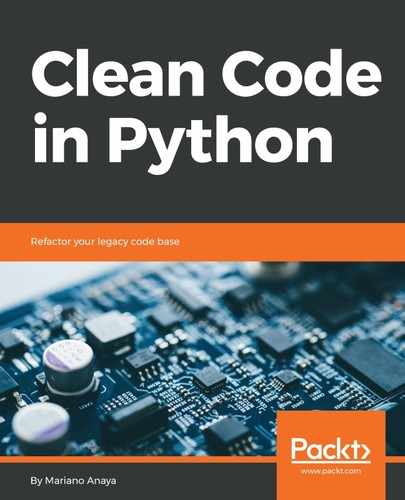To make the solution more maintainable, we separate every method into a different class. This way, each class will have a single responsibility:

The same behavior is achieved by using an object that will interact with instances of these new classes, using those objects as collaborators, but the idea remains that each class encapsulates a specific set of methods that are independent of the rest. The idea now is that changes on any of these classes do not impact the rest, and all of them have a clear and specific meaning. If we need to change something on how we load events from the data sources, the alert system is not even aware of these changes, so we do not have to modify anything on the system monitor (as long as the contract is still preserved), and the data target is also unmodified.
Changes are now local, the impact is minimal, and each class is easier to maintain.
The new classes define interfaces that are not only more maintainable but also reusable. Imagine that now, in another part of the application, we also need to read the activity from the logs, but for different purposes. With this design, we can simply use objects of type ActivityReader (which would actually be an interface, but for the purposes of this section, that detail is not relevant and will be explained later for the next principles). This would make sense, whereas it would not have made sense in the previous design, because attempts to reuse the only class we had defined would have also carried extra methods (such as identify_events(), or stream_events()) that were not needed at all.
One important clarification is that the principle does not mean at all that each class must have a single method. Any of the new classes might have extra methods, as long as they correspond to the same logic that that class is in charge of handling.
